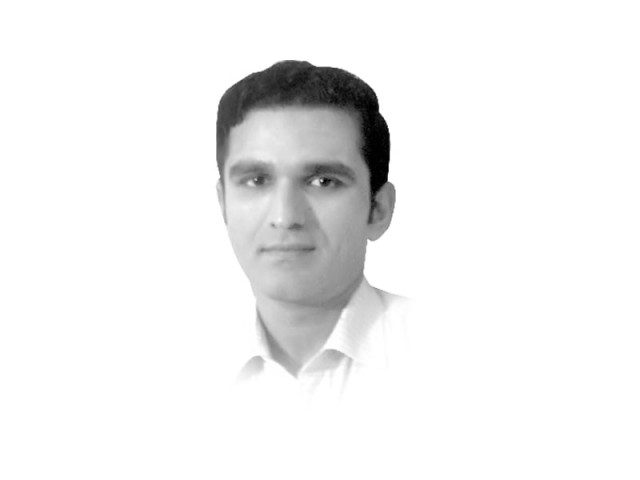Saints and sinners
In democracy, people’s representatives are supposed to come from among them, and therefore, reflect state of society.

The writer is the Chairperson of the History Department at Forman Christian College, Lahore
Such an outlook has also permeated the realm of politics in Pakistan. As I have mentioned earlier in an article here, General Ziaul Haq’s insertion of clauses in Articles 62 and 63 of the Constitution was emblematic of his distrust of the democratic process. Zia, like other military dictators of Pakistan, did not believe that Pakistanis were capable of choosing good representatives, and therefore, he, being a better human being, should guide the hapless population. By Zia’s time, the better qualifications of a dictator were not merely better education and experience, but religious and moral qualifications. Zia’s presidential referendum where the question was essentially, if you want Islam, then Zia is your president for the next five years, was the classic example of such a move as it simply silenced all opposition in the name of religion.
The recent debate about the implementation of the aforementioned Articles in the Constitution are not so much the fault of Tahirul Qadri highlighting them or the returning officers being extra efficient — it is simply the case of the chickens coming home to roost. Sections in these articles were in effect inserted to undermine democracy, in the interest of electing sinless, sadiq and ameen politicians. While no one would object to better politicians, how can one expect people to qualify under such stipulations when the vast majority of the people in this country do not qualify under its clauses? In a democracy, the people’s representatives are supposed to come from among them, and therefore, normally reflect the state of the society. If the society is full of sadiq and ameen people then naturally the legislature will be full of them; if not, then well, what we have had so far. In a way, it is good that problems with certain clauses of these Articles have been highlighted now, and I hope the next parliament will excise them. It is high time that parliament stops treating Islamic amendments by dictators as a sacred cow and rationalises them.
Now that I have ensured that I will never qualify under Articles 62 and 63 as they are today, let me make a larger point. Pakistan was largely fought on the basis of “political Islam”, i.e., the Muslims of India as a political, rather than a purely religious, community. That is why the Ahrar (Majlis-e-Ahrarul Islam) and the Jamiat and other religious parties opposed Jinnah, since he did not clearly articulate how “religious” the state would be. However, there is a thin line between political and religious Islam and Jinnah’s repeated references to Islamic principles opened the way to purely religious interpretations — hence our current state.
Pakistan is still struggling with the concept of democracy and religion and the recent search for “good” Muslims through the recitation of surahs is an example of our confused state. It is time that we seriously ponder over such questions and try and find an amicable solution — whatever it might be. As long as we stick to the maxim of Mill and not unnecessarily limit free speech and discussion, maybe we can move beyond our search for saints and banishment of sinners towards focusing on people who can actually lead to development in our country.
Published in The Express Tribune, April 9th, 2013.
















COMMENTS
Comments are moderated and generally will be posted if they are on-topic and not abusive.
For more information, please see our Comments FAQ